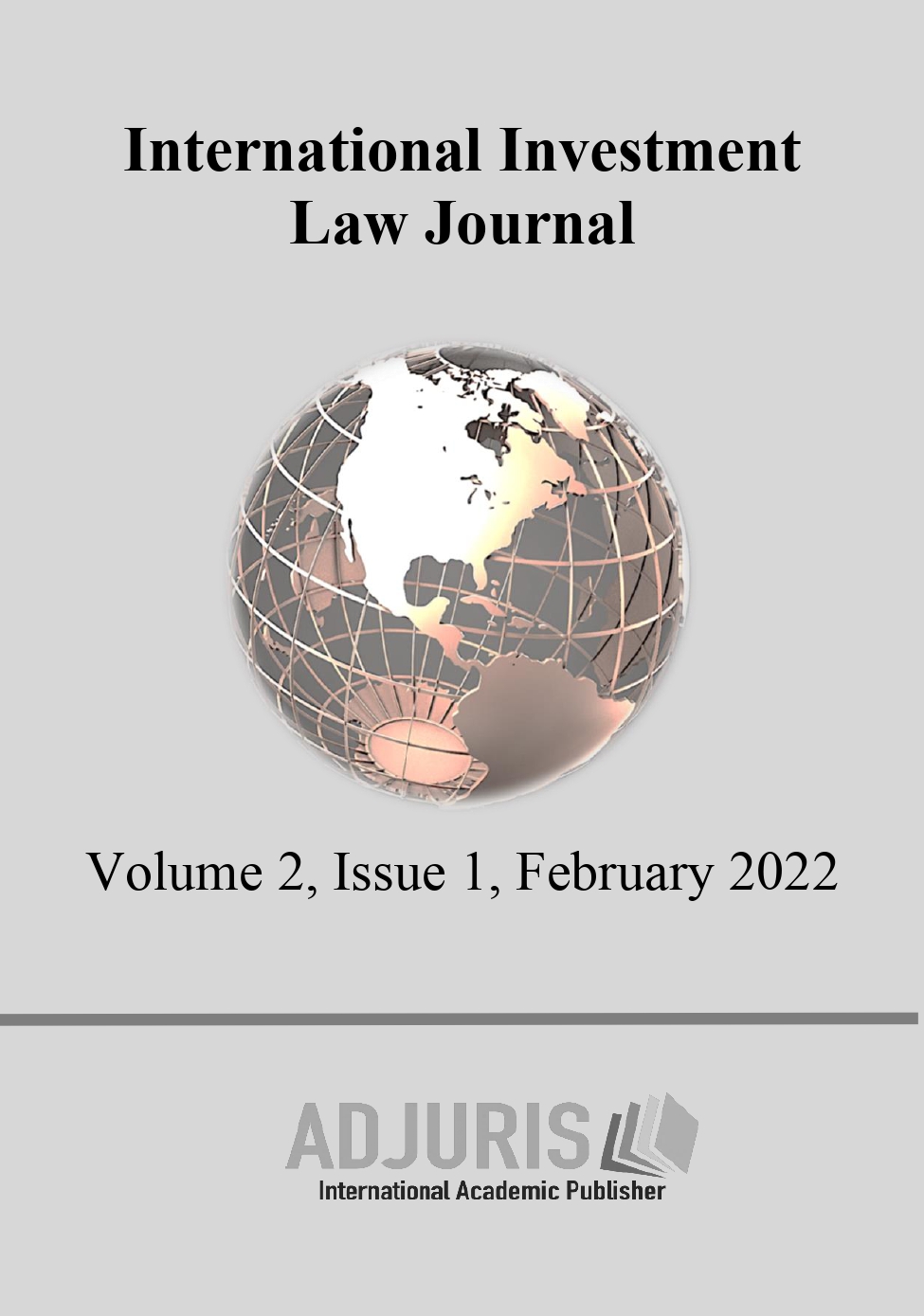Restructuring Practice is Now Growing Worldwide Post-Covid Insolvency
Restructuring Practice is Now Growing Worldwide Post-Covid Insolvency
Author(s): Ionel Didea, Diana Maria IlieSubject(s): International Law, Sociobiology, Law on Economics, Commercial Law, Comparative Law
Published by: EDITURA ASE
Keywords: insolvency; Covid-19; global practices; legislative innovation; Insol International; World Bank; comparative law; legislative reform tools;
Summary/Abstract: The same late autumn, the same grim socio-economic “picture”, painted in shades of grey, at least at national level, in which the health crisis reaches unimaginable heights and the wave of insolvencies currently “hidden” is preparing to “shake” aggressively the economy. We all want to talk about a post-Covid “world”, about a “cured” healthcare system, about a competitive and innovative business environment, of course, as much as we want to talk about a new Romanian Commercial Code, to ensure the continuity of economic activity. But the wait doesn’t seem to end. And yes, we all hoped that this pandemic drew new coordinates, and these new coordinates gave a real impetus to legislative reform, a much-needed reform in many areas of major interest at the crossroads of the global economic crisis. However, this much invoked and awaited reform does not seem to be tangible, palpable. The economy continues to “sink” easily and certainly. We continue to “navigate” through a fragmented and less predictable “landscape”, but in the midst of these uncertainties we aim to take the “pulse of the economy” nationally and globally and identify the legal and economic instruments needed for sound insolvency reform, a field deeply shaped and “imprinted” by the Covid-19 pandemic. Insolvency can become one of the main pillars of the reconstruction of the post-Covid economy, through a careful and rigorous “grinding” of its regulations, driven of course by the changing perception of the insolvent debtor and the vision of the essence of our culture stuck in the idea of unforgivable guilt of the bankrupt. Although the “palette” of solutions in the restructuring area has diversified and enjoys a “legislative effervescence” globally, in Romania SMEs are “on the brink” and concrete measures to apply insolvency in a positive sense, in order to reintegrate debtors into the economic circuit, it is delayed, as is the process of transposing EU Directive 2019/1023 on restructuring and insolvency at national level. What are the consequences of these delays? We are preparing for a “tsunami” of insolvencies, and in the meantime, we are “hiding under the rug” the harsh economic reality and lack of capital. Let’s “turn the clock” and give another chance to the field of insolvency, putting under scrutiny legal instruments still on the table of international bodies in the field, for a solid legislative reform and for a post-Covid “world”.
Journal: International Investment Law Journal
- Issue Year: 2/2022
- Issue No: 1
- Page Range: 14-45
- Page Count: 32
- Language: English

